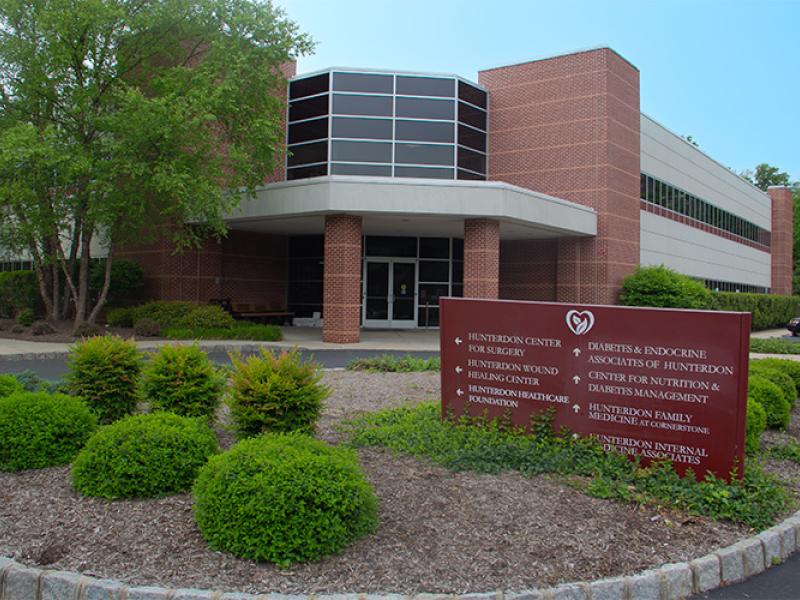
Diabetes Education
What is diabetes?
Diabetes is a chronic (long-lasting) health condition that affects how your body turns food into energy. Most people’s bodies naturally produce the hormone insulin, which helps convert sugars from the food we eat into energy that the body can use or store for later. When you have diabetes, your body either doesn’t make insulin or doesn’t use its insulin well, causing your blood sugar to rise. High blood sugar levels can cause serious health problems over time.
Content source: Centers for Disease Control and Prevention
Many of the symptoms of diabetes are so common they may be unrecognizable. If you experience more than one of these symptoms on a regular basis, contact your doctor. The early detection and treatment of diabetes lead to a decreased chance of complications with the disease.
Common symptoms of diabetes include:
- Urinating often
- Feeling very thirsty
- Feeling very hungry—even though you are eating
- Extreme fatigue
- Blurry vision
- Cuts/bruises that are slow to heal
- Weight loss—even though you are eating more (type 1)
- Tingling, pain, or numbness in the hands/feet (type 2)
Source: American Diabetes Association
Type 1
Type 1 diabetes occurs at every age and in people of every race, shape, and size. There is no shame in having it, and you have a community of people ready to support you. Learning as much as you can about it and working closely with your diabetes care team can give you everything you need to thrive.
In type 1 diabetes, the body does not produce insulin. The body breaks down the carbohydrates you eat into blood sugar (blood glucose) that it uses for energy—and insulin is a hormone that the body needs to get glucose from the bloodstream into the cells of the body. With the help of insulin therapy and other treatments, everyone can learn to manage their condition and live long, healthy lives.
Remember: this is a condition that can be managed. By living a healthy lifestyle filled with exercise and proper diet, you can live a normal life and do everything you set out to do.
Type 2
Type 2 diabetes is the most common form of diabetes—and it means that your body doesn’t use insulin properly. And while some people can control their blood sugar levels with healthy eating and exercise, others may need medication or insulin to help manage it. Regardless, you have options—and we're here with the tools, resources, and support you need.
A key part of managing type 2 diabetes is maintaining a healthy diet. You need to eat something sustainable that helps you feel better and still makes you feel happy and fed. Fitness is another key to managing type 2.
Source: American Diabetes Association
Gestational diabetes occurs only during pregnancy. Like other forms of diabetes, it’s one that you can manage. It doesn’t mean that you had diabetes before you conceived or that you will have diabetes after you give birth. It means that, by working with your doctor, you can have a healthy pregnancy and a healthy baby. No matter what, know that you have all the support you need for both you and your baby to be at your best.
Source: American Diabetes Association
When it comes to prediabetes, there are no clear symptoms—so you may have it and not know it. Here’s why that’s important: before people develop type 2 diabetes, they almost always have prediabetes—blood sugar levels that are higher than normal but not yet high enough to be diagnosed as diabetes. You may have some of the symptoms of diabetes or even some of the complications.
Source: American Diabetes Association

